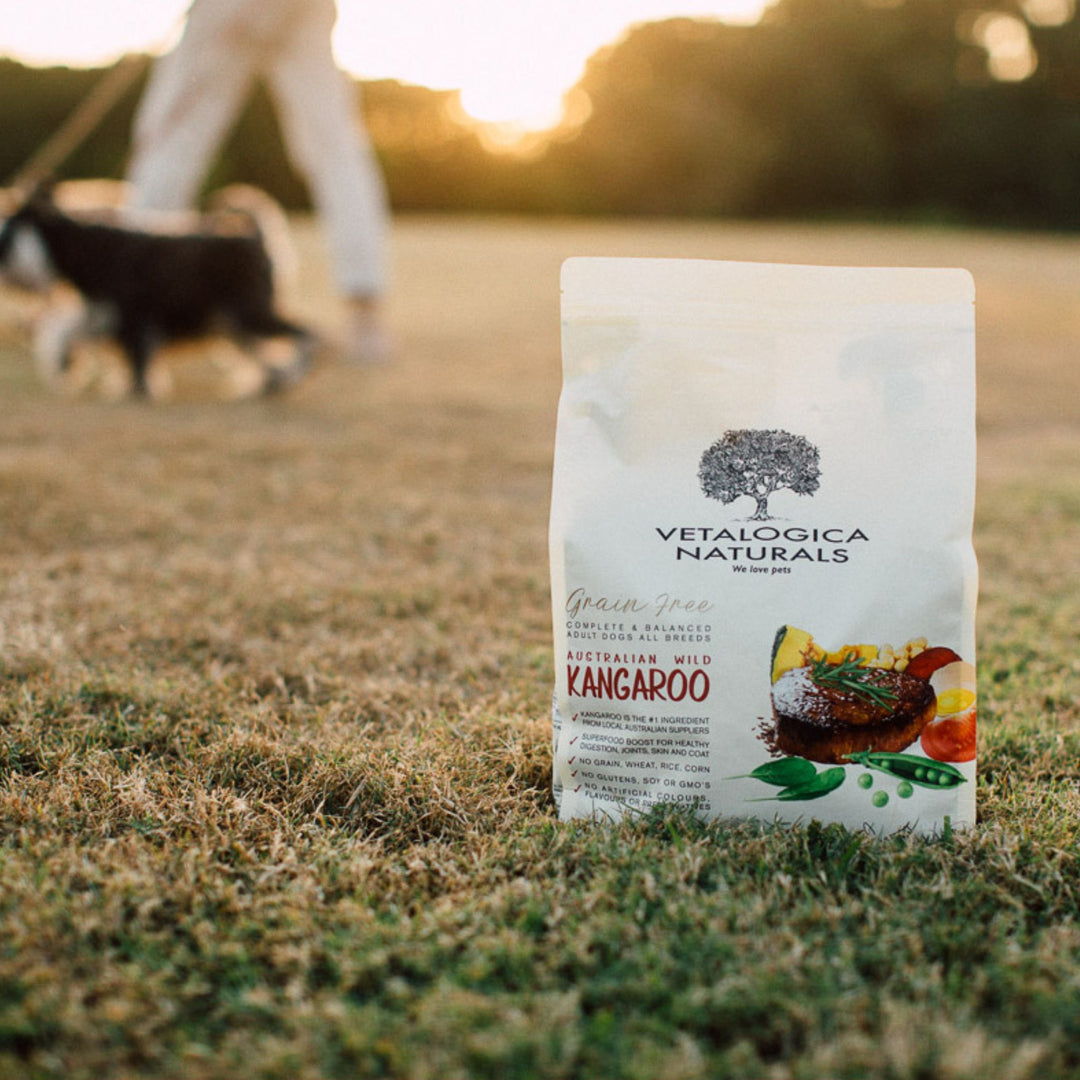Why Do Pets Eat Grass?
The age-old question that pet owners ask when they notice their dogs and cats chewing on grass. There are many myths, but no one has pinpointed the precise reason why our pets find grass to be so alluring. Here are a few tenable theories that we can look at while scientists, researchers, and veterinarians continue to attempt to answer this topic.
Do Dogs Eat Grass to Calm Upset Stomachs?
One of the persistent misconceptions about dogs chewing grass is that they do so to settle an upset stomach.
After all, many dog parents have seen their dog quickly consume some grass before afterwards coughing, spitting, or vomiting. Without a doubt, the two actions are related. But it turns out that is not the case.
Dogs' fondness for grass can be linked to the wolf, the ancestor of the modern dog. When wolves and other wild dogs eat their catch, they frequently eat the entire thing—meat, bones, fur, and whatever was in the animal's stomach, which is frequently grass or other plant matter. It might also be how these wild animals successfully get rid of intestinal parasites. These parasites are removed as the grass moves through the intestines and continues through the upper and lower digestive systems.
The University of New England in Australia has disproved the myth of the unsettled stomach. In order to test the upset stomach notion in 2009, these researchers used two sets of dogs. The first group of dogs received a regular kibble diet, while the second received the same food plus fructo-oligosaccharide as a supplement (FOS).
Dogs in both packs consumed grass. Therefore, it did not seem like eating grass would make one feel better.
The other theory regarding eating grass is that some dogs enjoy the flavour of it. Although grass doesn't look particularly appetising to people, dogs can detect a variety of aromas and odours, some of which are sweeter than others. Does this imply that dogs are making up for a food deficit?
How about Cats?
Some cat owners witness their cats consuming grass before promptly throwing it up. The cause of vomiting in cats, however, differs differently from that in dogs. When eating their prey, cats' ancestors ingested grass, just like dogs' wild ancestors did. Does this imply that every cat will consume grass and vomit frequently? No, not always.
It is significant to notice that a dog eating grass is significantly more typical than a cat. However, some cats do eat grass, and some of them vomit afterwards.
A Cat's Gut Will Benefit From Eating Grass
Wild cats feed on grass in a manner similar to their canine relatives in the wild. Our domestic cats may act similarly out of instinct for the same reason: grass cleanses their digestive systems. Since cats cannot digest grass, it should not be strange if some vomit occurs after eating. In fact, chewing grass and causing vomiting may be how cats rid their bodies of harmful objects like parasites or fur. As a result, grass might work as a home treatment for hairballs.
The Mysteries Keep Coming
Pet owners must accept grass consumption until more scientific research is carried out and reported. Perhaps eating grass is a hereditary predisposition for our animals, and maybe, vomiting is good for their bodies. Ultimately, no amount of science will persuade dogs and cats otherwise; they may eat grass simply because they enjoy it.











Leave a comment